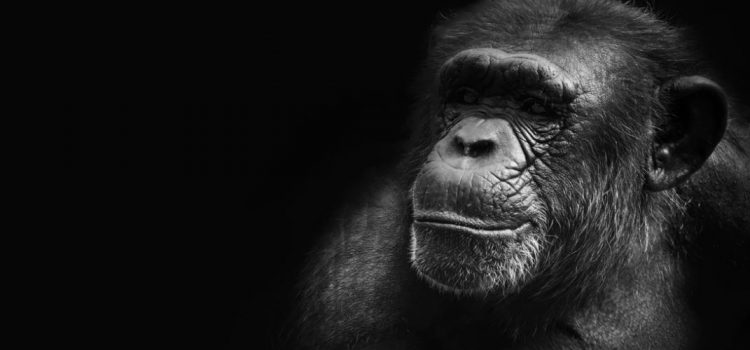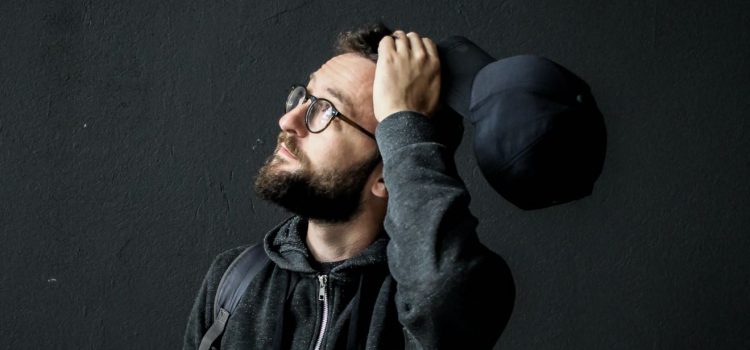What is partible paternity? Do cultures that practice partible paternity prove that humans are naturally promiscuous? In their book Sex at Dawn, authors Ryan and Jethá look to modern foraging societies that practice partible paternity (the idea that more than one man can be the biological father to a child) as evidence that humans are not meant to be monogamous. One group they cited as evidence is known as the Ye’kwana people. Continue below for Ryan and Jethá’s argument about partible paternity and promiscuity.
Partible Paternity: The Evidence of Natural Promiscuity?










